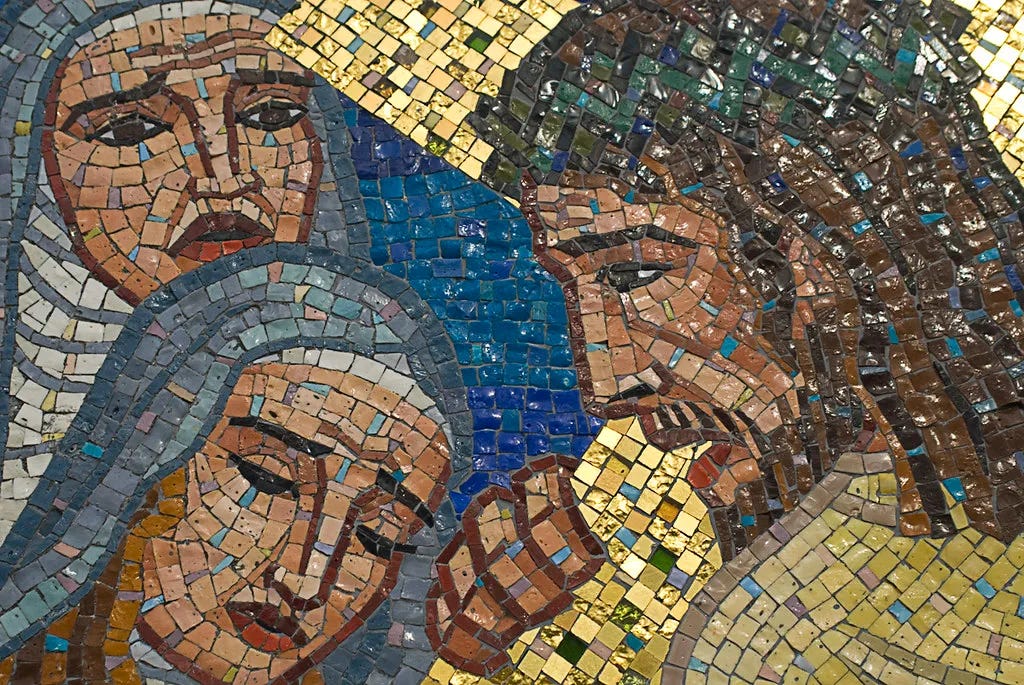The Father's Faithfulness to his Faithful Son
The crucifixion of the Son put the question up to the Father
Not all who witnessed Jesus’s trial and torture jeered at him or colluded with the authorities or turned a blind eye to the whole sordid affair. According to Luke, as Jesus trod his beleaguered path to Calvary, a multitude of women trailed behind him, mourning and lamenting for him.
Their public sorrow in his train is the closest anyone in the passion story comes to protesting, “Do not crucify him!”
Yet hearing them weep, the Lord Jesus does not express gratitude for their solidarity.
He turns to them and tells them they should instead weep for themselves and their children. Echoing the prophet Hosea, Jesus says, “If they do these things when the wood is green, what will happen when it is dry?” In the context of impending crucifixion, it means, “If Jesus is not spared the cruelty of the cross, how can God’s unfaithful people possibly hope to escape divine judgment?” Jesus’s sermon to the Daughters of Jerusalem is the seventh time in Luke’s Gospel that he has prophesied looming doom for Jerusalem and her temple.
Put differently, Jesus teaches and preaches his message to the last.
Just so, this is another predicate the Gospel narratives will allow us to draw from the death of Jesus:
The crucifixion puts Jesus’s life and teaching to the test.
Such a premise requires that we remember what is so widely forgotten among believers.
Namely:
The cross was important to the first Christians precisely because the cross was a problem for them.
Therein is the irony of the Passion.
Keep reading with a 7-day free trial
Subscribe to Tamed Cynic to keep reading this post and get 7 days of free access to the full post archives.





